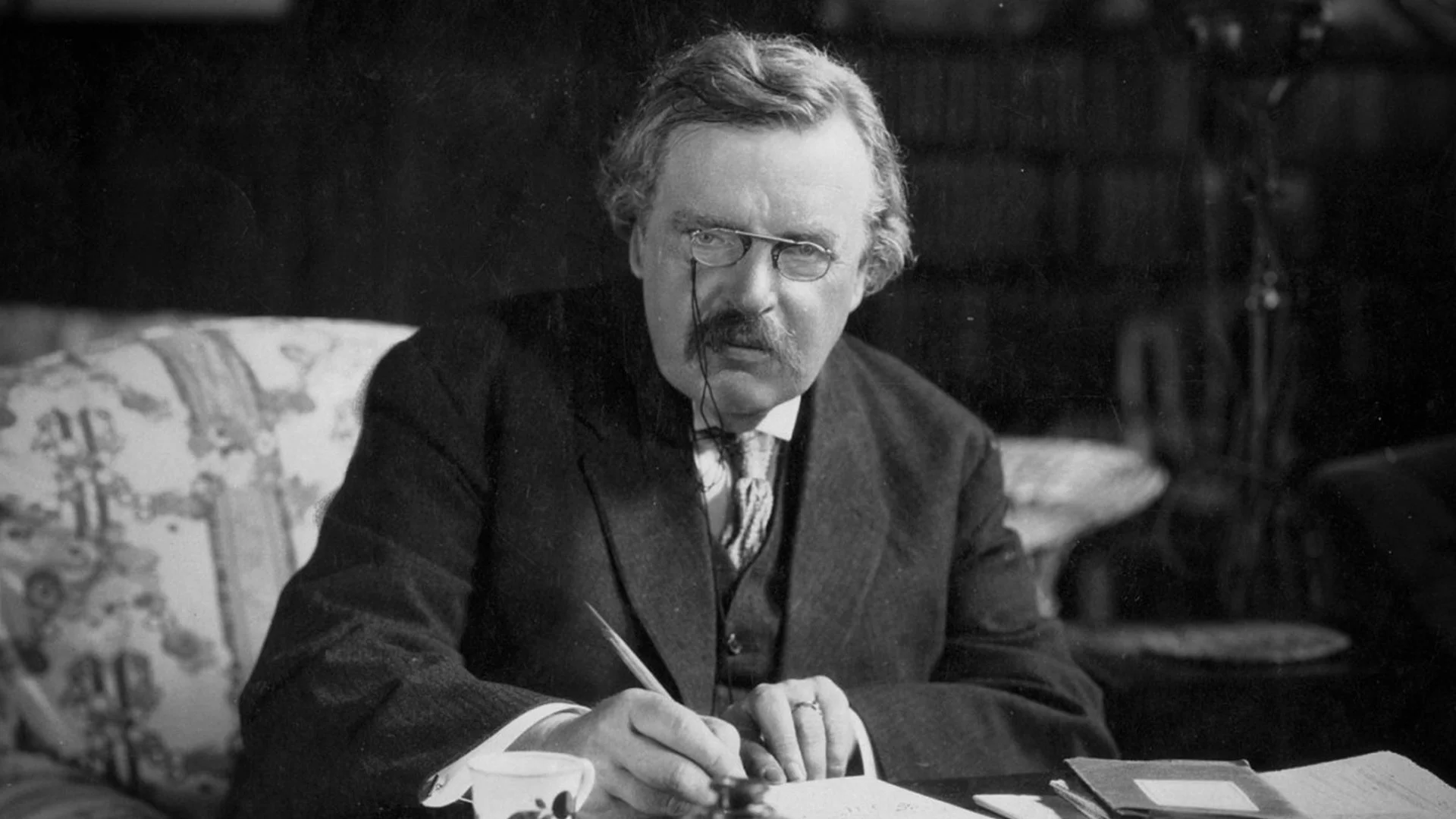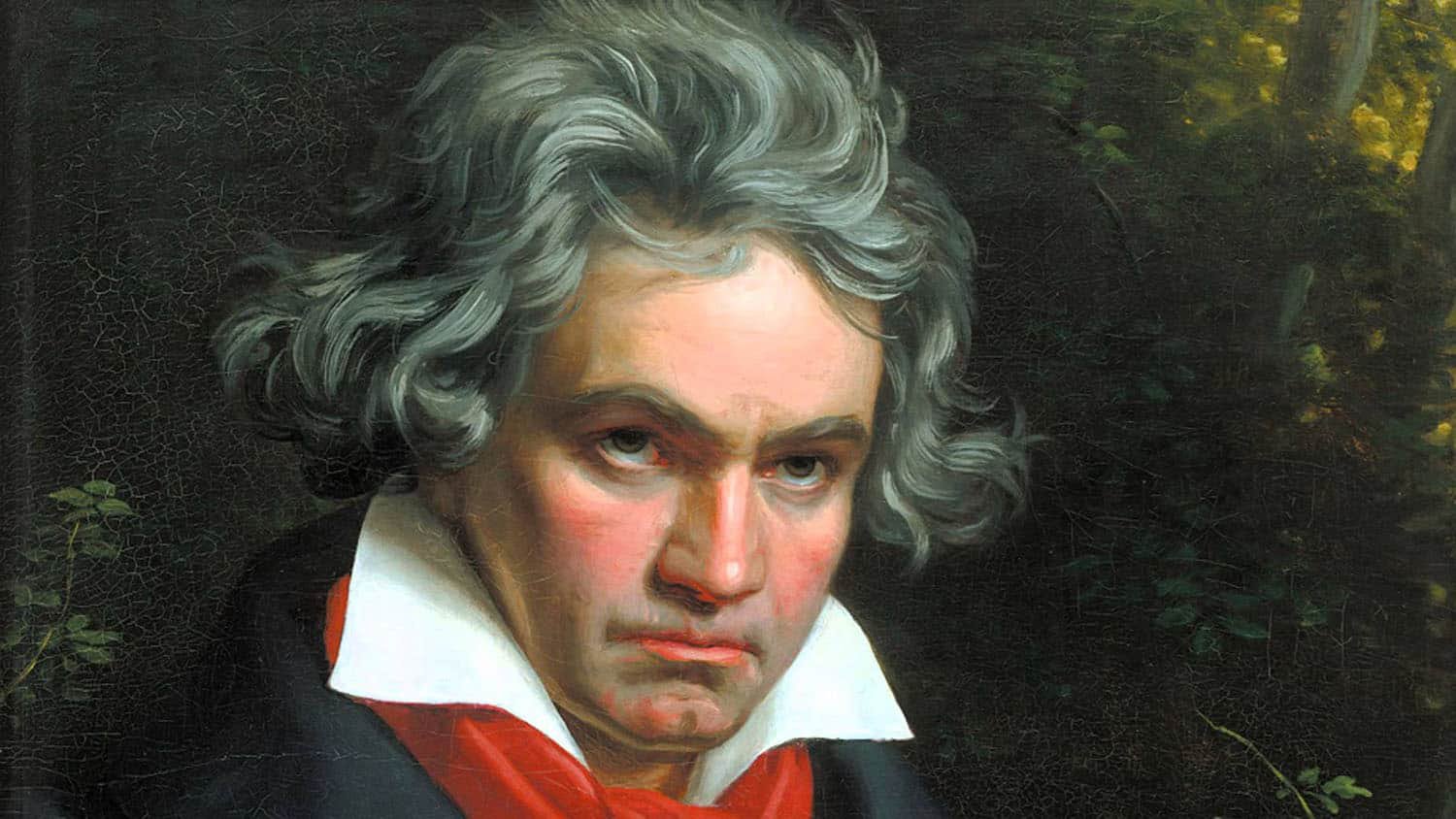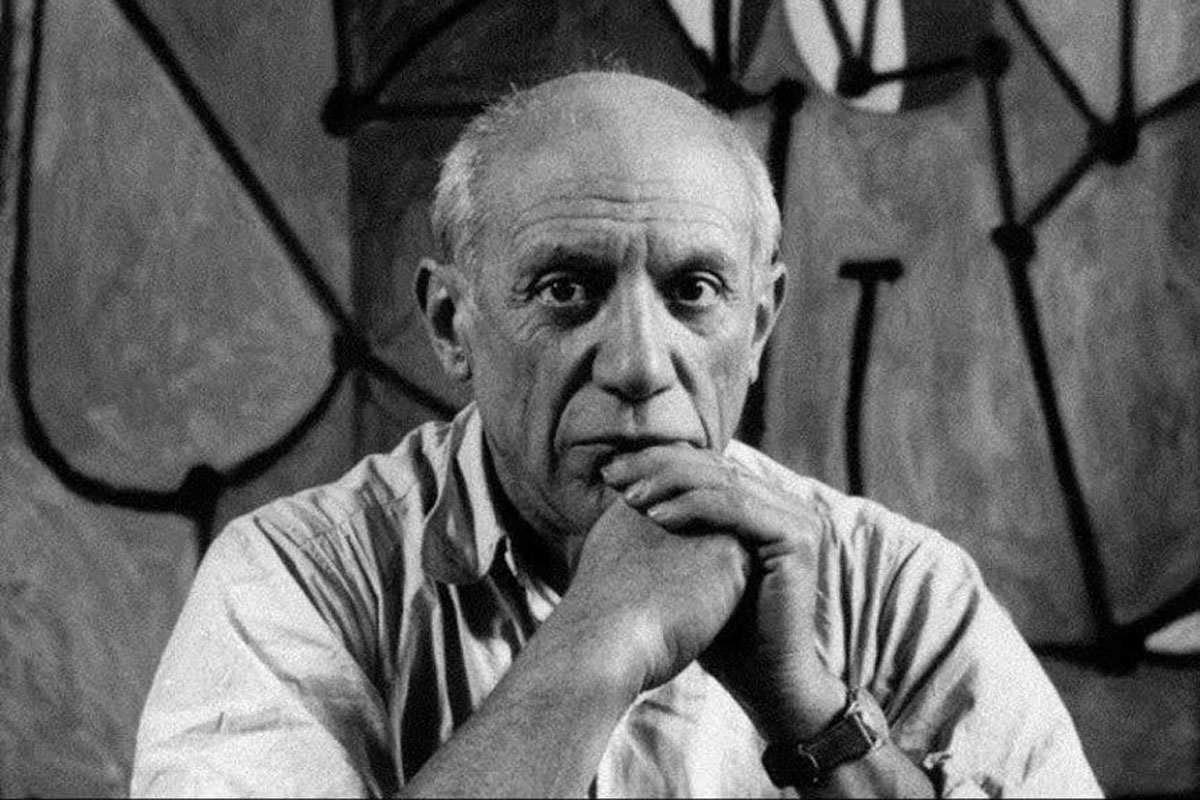This series of articles seeks to examine the character attributes of highly successful leaders, regardless of their adherence to a strong faith or moral standard. In presenting these thoughts, Leadership Ministries is not agreeing with or advocating these traits or practices, but rather presents these as ideas for discussion and development in your own leadership journey.
Sir Richard Branson is a British entrepreneur and business magnate. He is the founder of Virgin Group, which is a cadre of more than 400 companies including an airline, cruise line, retail empire and space tourism concern. He is considered one of the world’s most influential leaders. In March 2000, Branson was knighted at Buckingham Palace for “services to entrepreneurship”.
Branson began his first business, a magazine, at age 16. At age 20 he set up a mail-order record business that eventually became Virgin Records, a highly successful music store chain. Despite rumors that Virginreferred to the fact that Branson began his organization as a sexual virgin, the true story is that an employee suggested the name because all of those involved were new at business. Branson’s foray into transportation—passenger rail, an airline and now a spaceflight corporation called Virgin Galactic—were among his most lucrative enterprises. In July 2021, Forbes listed Branson's estimated net worth at US$5.7 billion.[1]
Branson grew a fledgling mail order record business into one of the largest record companies in the world. Branson sold the company in 1992 for $1 billion. Photo: CEO Magaine
Branson suffers from dyslexia and has openly talked about having ADHD. On his last day at primary school, his headmaster told him he would either end up in prison or become a millionaire.[2] Of his career, Branson comments, “From my very first day as an entrepreneur, I’ve felt the only mission worth pursuing in business is to make people’s lives better.”[3]
Be willing to listen and learn. Branson practices a participatory form of leadership, giving his managers a significant voice in the governing of his companies. On the topic of employee turnover, he famously commented, “Train people well enough so they can leave, treat them well enough so they don’t want to.” Employees are expected to be active participants and governance relies on team building, communication, consensus, autonomy, commitment and balance.[4] Of listening, Branson teaches, “Being a good listener is absolutely critical to being a good leader; you have to listen to the people who are on the front line.” Further, Branson comments, “A company is people… employees want to know… am I being listened to or am I a cog in the wheel? People really need to feel wanted.”
Reframe the challenge. Branson uses a highly effective psychological brain trick with respect to overcoming his dyslexia called “reframing”. This is not an affirmation like repeating to yourself, “I’m strong enough, I’m good enough.” Rather, it’s focusing attention on your best qualities and considering the traits that give you an edge. Branson looks at dyslexia as a gift, something that makes him unique. He said, “You should never see being different as a flaw or think that something is wrong with you. Being different is your biggest asset and will help you succeed.”
“In most circumstances,” writes the Virgin Group founder, “asking a question in a positive manner generates a better response.” Branson used this approach when starting his airline. Instead of focusing on everything that other airlines were doing wrong or doing poorly, his team took a more positive approach. They asked potential customers what they look forward to when flying, what they want from an airline and also highlighted their unique offerings.[5]
Branson began his train transport business in 1997. It ended in 2019. Virgin Group took in about $400 million during its lifetime, but ultimately failed to make trains a profitable business. Photo: Mikael Buck/Virgin Trains
Move on from mistakes. Branson has started many businesses under the Virgin brand. He said, “Don’t be embarrassed by your failures. Learn from them and start all over again.” His first business, the magazine, didn’t do well. Branson pivoted away from his original plan. Instead of magazines by mail he turned to another business he could conduct by mail—selling music albums. He began the music company as a way to keep the magazine afloat, but it ended up becoming a billion-dollar empire.
Other Virgin investments failed to achieve long-term success. Virgin Cosmetics, Virgin Brides, Virgin Cola, Virgin Megastores and Virgin Trains are among Branson’s businesses that have closed down. The Virgin brand has been successful due, in part, to the fact that Richard Branson is not afraid of failure. He knows that failure and adapting is a natural part of the process and he uses these experiences as lessons for future endeavors. Branson said, “Every success story is a tale of constant adaption, revision and change.”
Virgin Galactic is one of Branson’s latest ventures, offering tourists a ride into the lower level of space, about 50 miles up, for $250,000 per person. Photo: Virgin Galactic
Branson’s personal ambitions are just as big as his professional ones. He was the first person to pilot a hot air balloon across the Atlantic. But his trip around the world by balloon wasn’t successful. Branson and his co-pilot found themselves above the Pacific Ocean facing gale force winds. With no hope of rescue if they ditched, Branson has two choices—either lay down and accept their fate or stay up for three days straight trying to reach North America. They managed to make it to safety, and Branson's experience taught him the value of surviving mistakes.[6]
[1] “Richard Branson”. Forbes. Archived from the original on 20 April 2020. Retrieved 3 July 2021.
[2] Richard Branson. “At school I was dyslexic and a dunce”, The Times, London, 11 September 1998, p. 19
[3] https://swiftkickhq.com/leadership-quotes-richard-branson/
[4] https://aspiringleadersineducation.wordpress.com/leadership-styles/richard-branson-a-participative-leader/
[5] https://www.cnbc.com/2018/01/16/richard-branson-uses-this-simple-trick-to-live-a-positive-life.html
[6] https://www.entrepreneur.com/article/295312
Cover photo: Shutterstock.com



































Frank Winfield Woolworth was an American entrepreneur, and founder of the F. W. Woolworth Company. He pioneered the retail variety stores which featured low-priced merchandise selling for 5 and 10 cents.